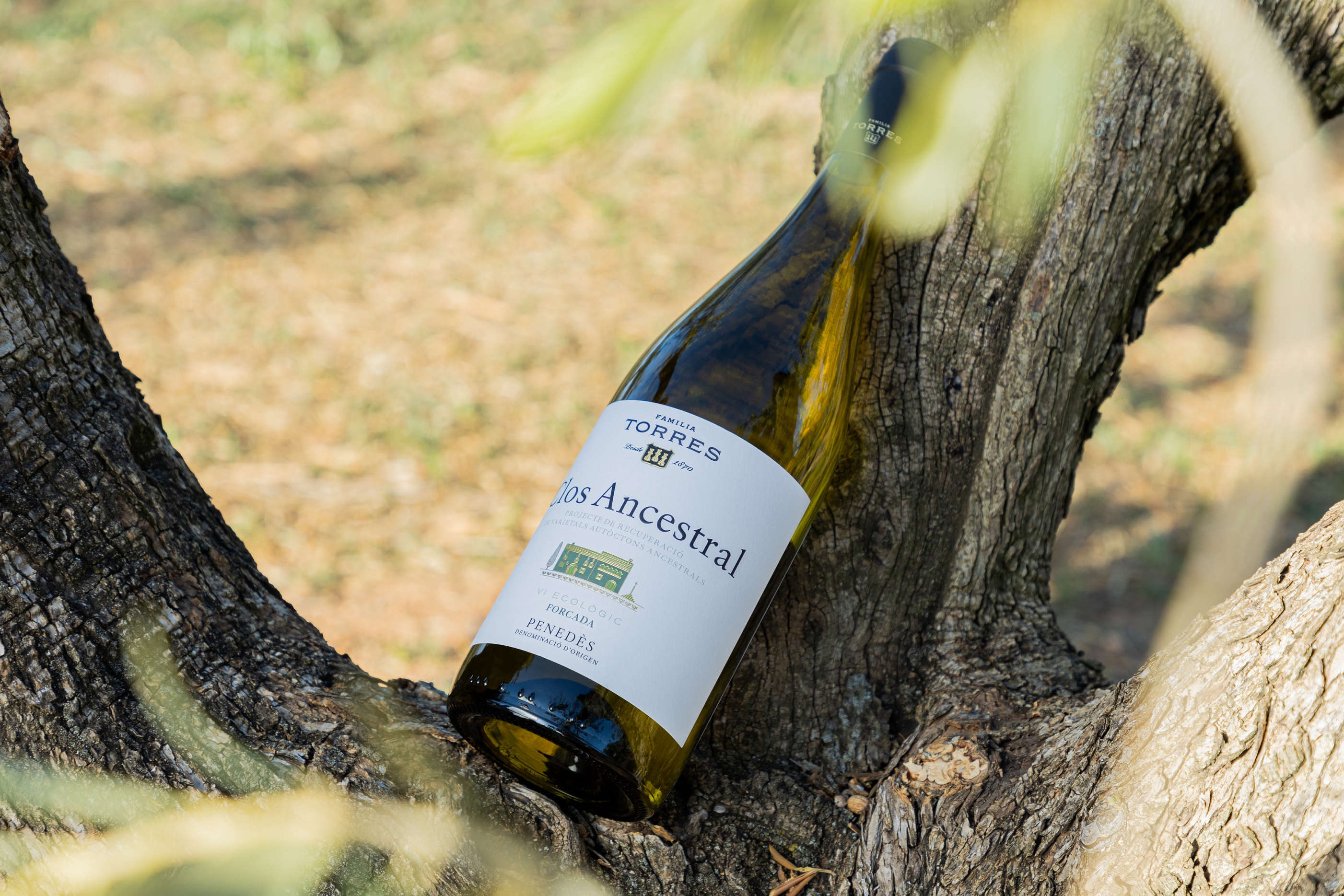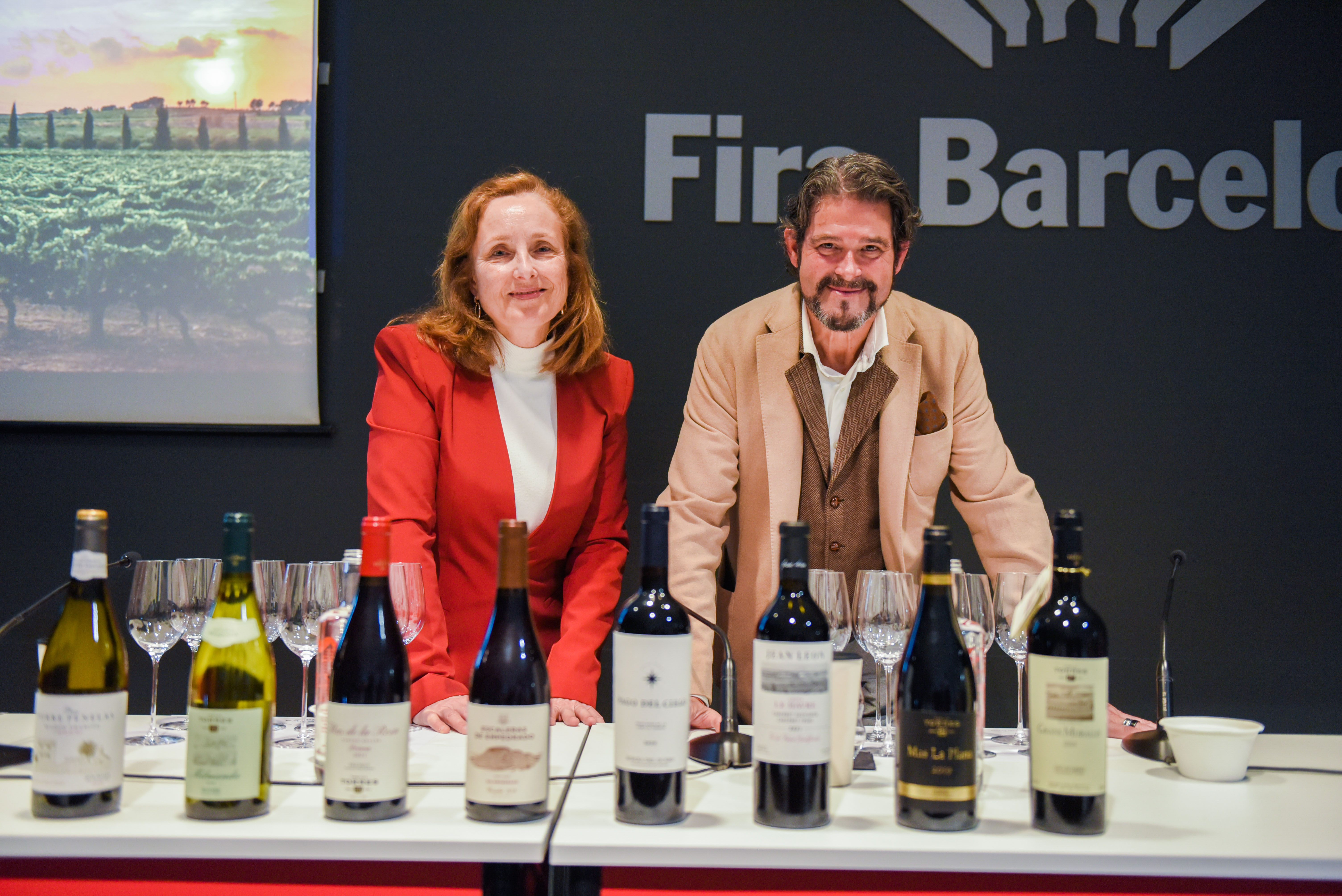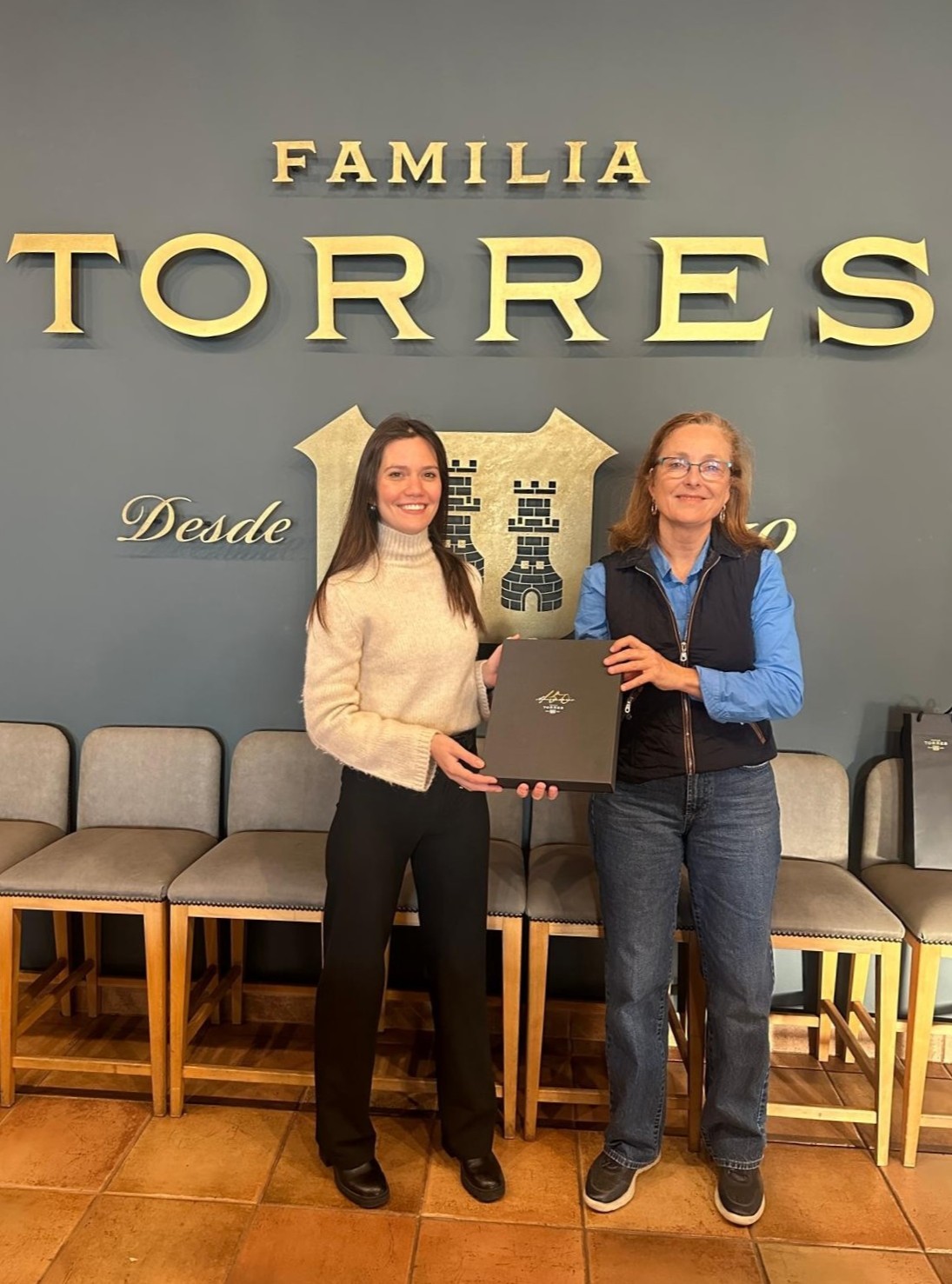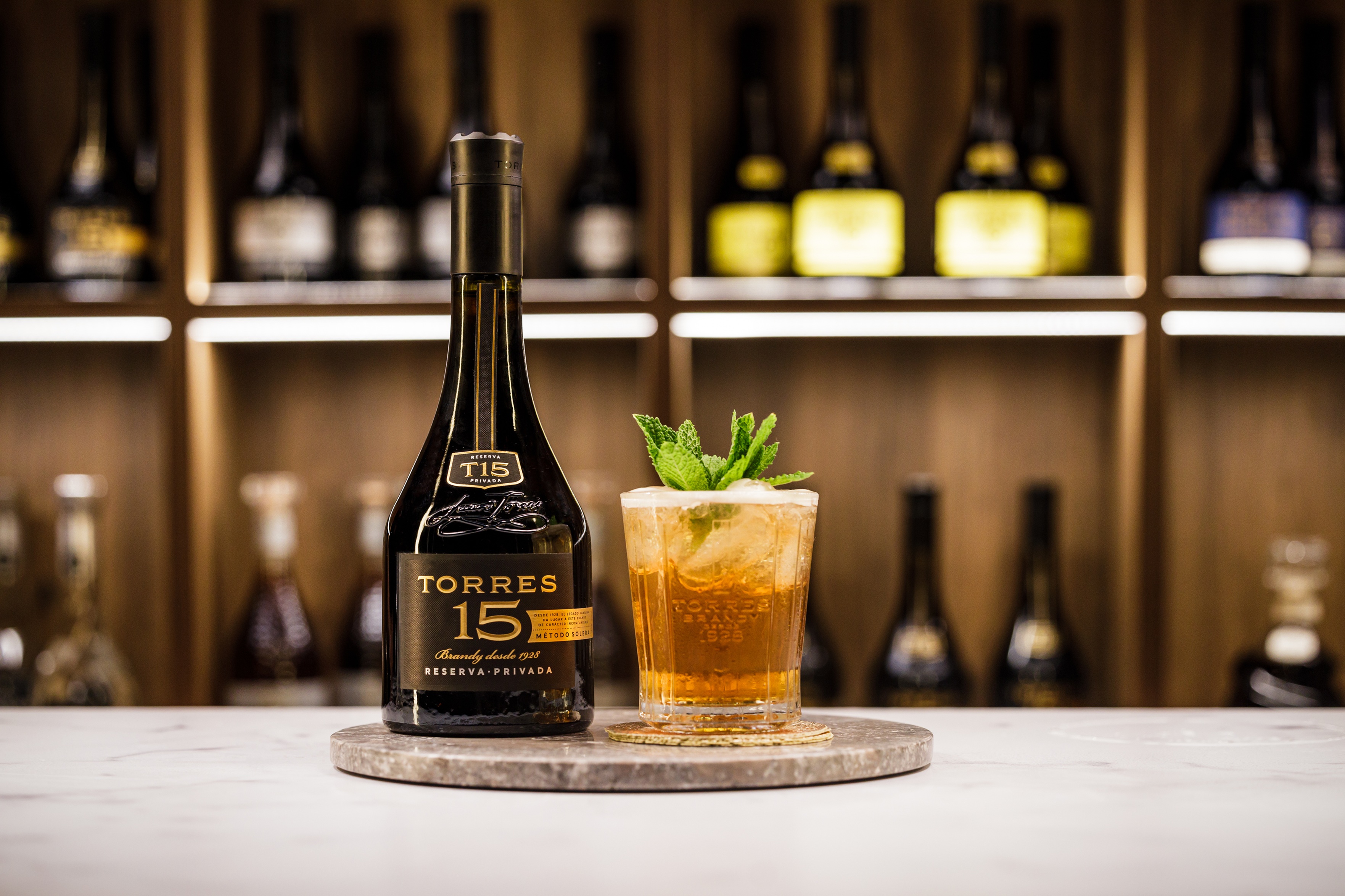The Regenerative Viticulture Alliance (RVA) international certification for regenerative viticulture begins its journey and endorses the first vineyards, wineries and wines from different wine regions of the world. A total of seven wineries from four countries have recently obtained this global certification focused on viticulture, which certifies the implementation of a regenerative model beneficial to the vineyard and the planet, among which is Familia Torres. The other wineries are Domaine Mirabeau (Côtes de Provence, France), Domaine Lafage (Roussillon, France), Lima & Smith (Vinho Verde, Portugal), Miguel Torres Chile (Maule Region, Chile), Clos Mogador (Priorat) and Jean Leon (Penedès), as well as other small Catalan winegrowers.
The RVA standard, promoted by the Regenerative Viticulture Association in collaboration with The Regenerative Viticulture Foundation, entrusts the verification of the vineyards to Ecocert, a world leader in organic and sustainable certification. This new certification recognizes, on the one hand, the efforts made by winegrowers and wine producers around the world who apply this viticultural model and, on the other hand, certifies wines that come from regenerative vineyards and, therefore, contribute to mitigating the effects of global warming thanks to their function as carbon sinks.
The label establishes two levels of certification depending on the execution and extension of regenerative practices, in both cases, the vineyard must comply with organic regulations whether certified or not. On the one hand, 'RVA Certified' is awarded when all the regenerative viticulture practices contemplated in the standard are implemented, which include cover crops, not tilling, organic amendments, rational grazing (or alternative mechanical control), biodiversity conservation, field trials and microbiological analyses, as well as guaranteeing animal welfare and fair working conditions. On the other hand, 'RVA Transition' has a lower level of requirement and is granted to those winegrowers and winemakers whose vineyards are in a process of transition towards a regenerative model but who do not yet apply all the practices.
In the case of wines, the 2023 vintage is the first to carry the RVA seal for wineries in the northern hemisphere, while wineries in the southern hemisphere will be able to certify their wines from the 2024 vintage. The first RVA-certified wines are now available and include Clos Ancestral White 2023 and Forcada 2023 (Familia Torres).




